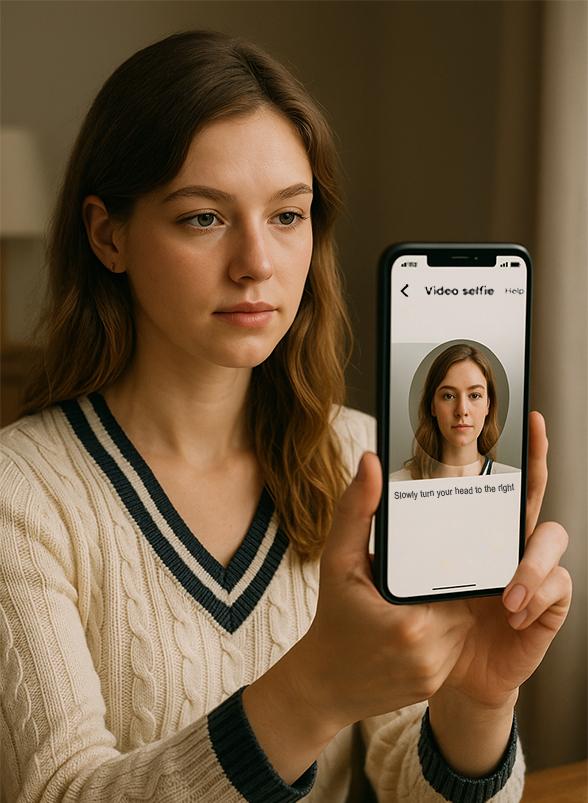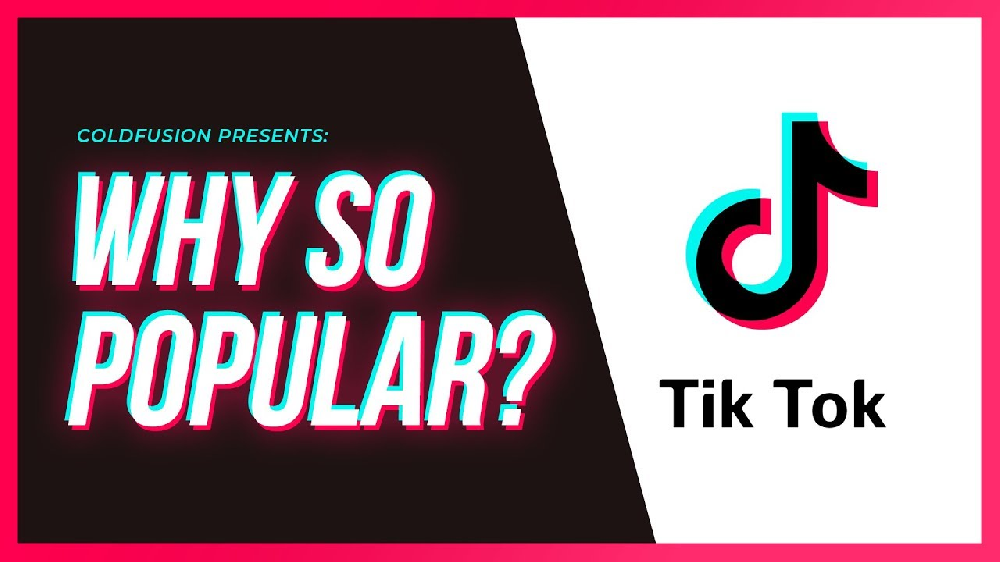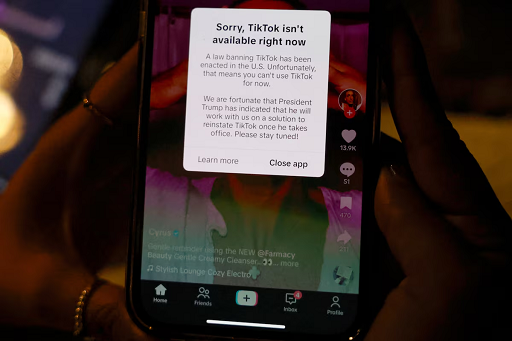As many countries around the world step up their efforts to regulate the online behavior of minors, Meta (parent company of Facebook and Instagram) recently announced that it will expand the "video selfie age verification" feature to more regions. This not only means that we need to provide more personal information when we go online, but also affects the restrictions and protection of minors' access to content on major platforms in the future.
So, what is video selfie age verification? What changes will it bring to users? How does this technology work? This article will explain it all to you.

What is "Video Selfie Age Verification"?
Meta has partnered with UK identity verification technology company Yoti to launch a system that works as follows:
1. Triggering validation:
You try to change your age from "Under 18" to "Over 18";
Or you try to access certain adult features of Facebook/Instagram (e.g. the "Dating" module, certain live content).
2. Select a verification method:
Upload your government-issued ID;
Or use a video selfie to verify.
3. Video selfie process:
The user records a video selfie;
The platform sends the static image from the selfie to Yoti;
Yoti's AI is only used to "estimate age" and does not identify specific identities.
According to Meta's latest statement in the Facebook Help Center:
"If you're under 18 and try to change your Facebook age to 18 or older, or want to access certain adult features, you'll be asked to provide more information to verify your age."
The official emphasized: Selfie data will not be used to identify personal identity and will not be stored for a long time.
User tutorial: How to verify age through video selfie?
If you or your child uses Facebook or Instagram, here is a step-by-step tutorial on "Video Selfie Age Verification". I recommend saving it!
Step 1: Enter the age verification page
1. Open the Facebook app
2. Go to [Settings & Privacy] > [Account Center] > [Personal Information] > [Birthday]
3. If you try to change your age to over 18, a verification prompt will pop up automatically
Step 2: Select verification method
Option 1: Upload a photo of your ID card
Support passport, ID card, driver's license, etc.
Usually the review is completed within 1 hour
Option 2: Take a video selfie
The device will prompt you to "Video Recording"
The system will automatically collect facial features to determine age
Do not save the video, only keep the image fragments for estimation
Step 3: Wait for the review result
Generally feedback within a few minutes to 1 hour
If verification fails, you can resubmit or use another method
In which scenarios will video selfie verification be used?
You may think that age verification is only required when registering, but this is not the case. As policies and technology advance simultaneously, this verification mechanism may appear frequently in the following scenarios in the future:
1. Modify birthday information
If you fill in the wrong age when registering an account, or try to change your birthday from "17 years old" to "over 18 years old", the system will automatically ask you to take a video selfie to verify it to ensure that it is not a malicious modification.
2. Accessing Age-Restricted Content
Want to view or participate in adult-related content, such as:
Certain Facebook groups or pages (such as dating, financial speculation, etc.)
Content involving alcohol, gambling, violence or political issues
Brand promotion and sweepstakes on Instagram (some countries require participants to be over 18 years old)
The platform will automatically trigger age verification requests based on content ratings.
3. Purchase virtual goods or paid services on the platform
When purchasing game tokens, rewarding content creators, subscribing to paid content (such as Facebook Stars), etc. on Facebook or Instagram, some countries will require confirmation that you are an adult before making payments.
4. Cross-platform account binding or data migration
When you try to link your account to other platforms (such as WhatsApp Business, Oculus, Threads) or merge your data, the system may re-verify your age identity.
5. Meet the legal requirements of specific countries
In some countries (such as the United Kingdom, Australia, and France), users must reach a specified age before they can use the full functionality of a social platform, so you may be "randomly checked" by the platform to verify your age.
User privacy, should we worry about it?
Many users are concerned, "Will my privacy be leaked after uploading my selfie?"
According to Meta:
Selfie images are only used for age estimation
No identification will be stored or used
Third-party providers (such as Yoti) follow privacy standards and do not store any images.
However, this is still a "trust system" and not every user will buy into it.
This has also become one of the biggest public controversies facing Meta at present.
Why is Meta in a rush to expand now?
This is not a sudden whim of Meta, but an inevitable response to the global trend of Internet regulation:
UK: Online Safety Act forces platforms to prevent underage users from accessing inappropriate content
Australia: New legislation targeting teens' access to social networks is being developed
EU: Countries including France, Greece, Denmark and others support a unified digital age of majority (recommended 15 or 16)
More importantly, Meta has publicly supported the establishment of a " uniform digital majority age " and is even willing to bear the responsibility for penalties arising from violations.
This means that they are ready to control access for minors at the platform level, even if it means losing some users.
What impact will it have on users and platforms?
For users:
Improved safety: Reduce the possibility of minors being exposed to inappropriate content;
Privacy concerns: Although the official emphasizes that data will not be retained, users are still worried about personal images being leaked;
The operation threshold becomes higher: it is not very friendly to users who are not familiar with technology or have no identification documents.
For platforms:
Comply with regulatory pressure: early planning is more proactive than passive fines;
High technical investment: small platforms cannot afford it and may be eliminated;
Rebuilding user trust: Improve negative public opinion on social platforms through transparent compliance mechanisms.
Conclusion
From Europe to Australia and then to the world, age verification through video selfies represents an upgrade in social media compliance and youth online protection.
This is not just a functional update of Meta, but also a step that all social products in the future cannot avoid.
Are you ready for stricter "digital identity" thresholds?



